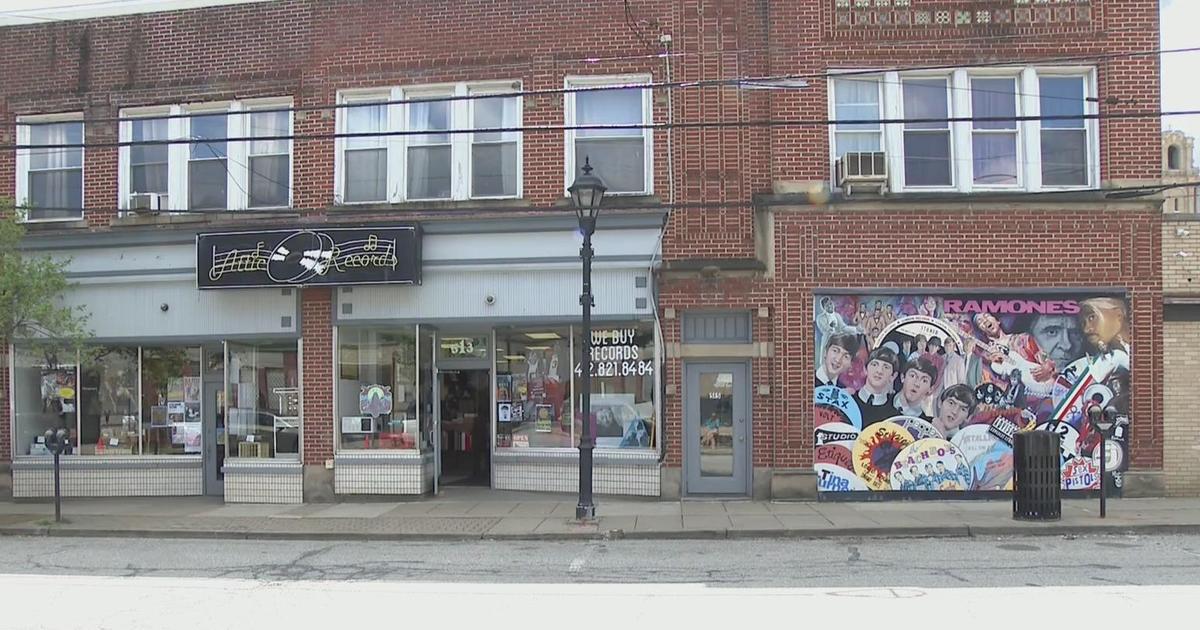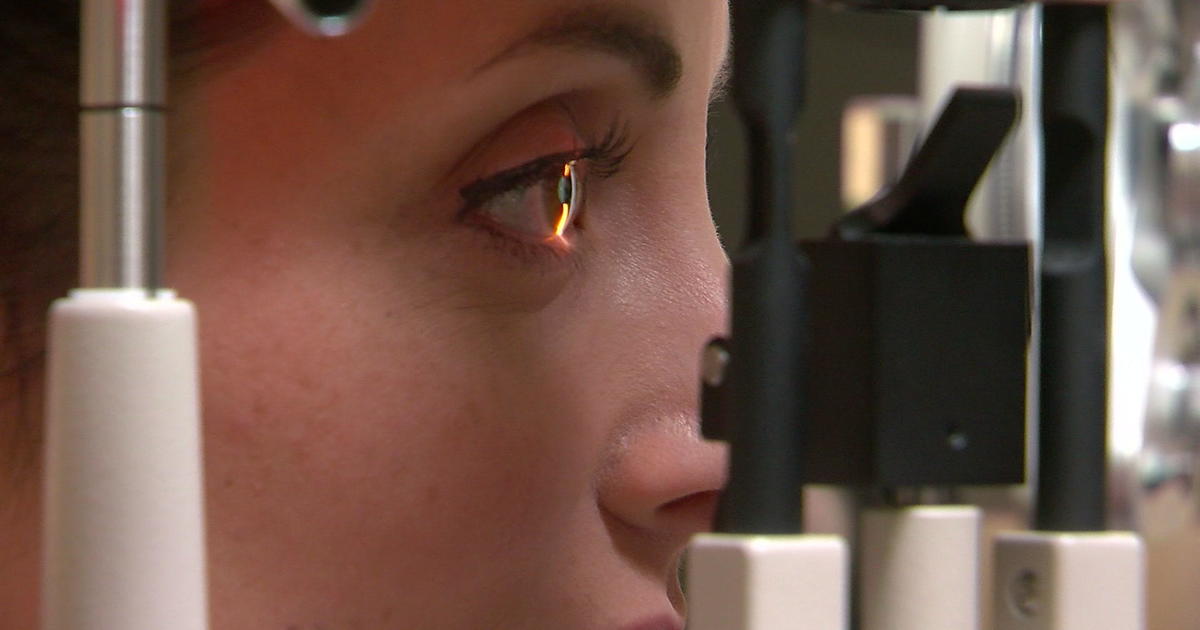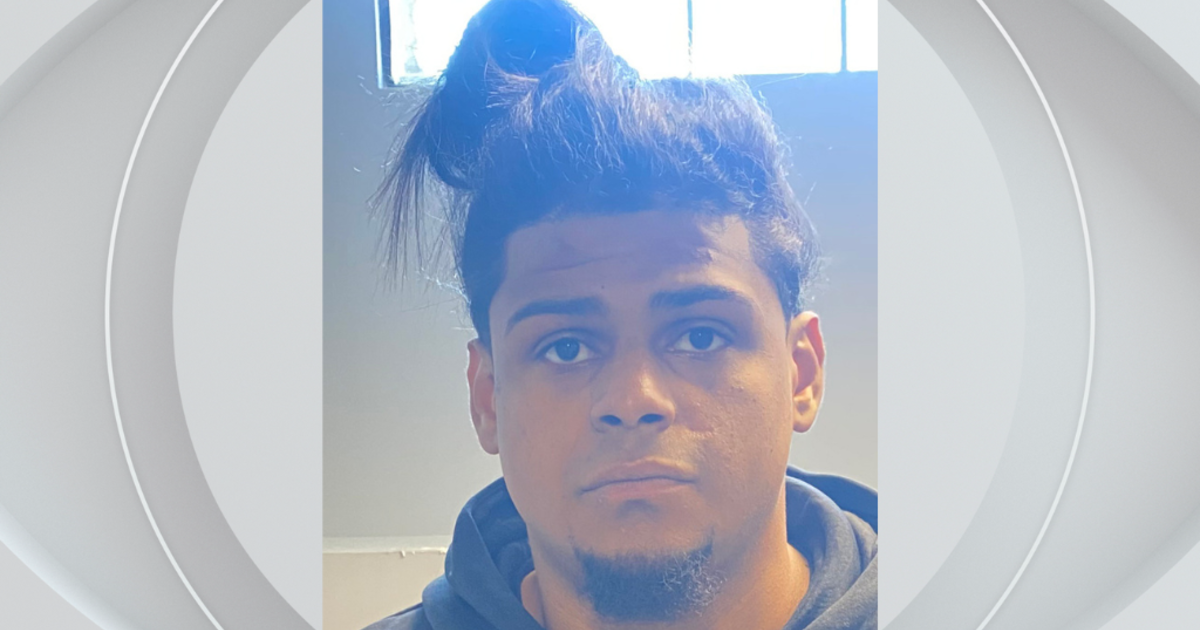New Device May Cut Need For Blood Pressure Medications
PITTSBURGH (KDKA) - Justin Rushin's blood pressure was way higher than the normal 120 over 80, despite increasing amounts of medicine.
"It was in the 200 range, the upper number," Justin said.
His father had similar problems.
"He ended up on dialysis. His last years were not pleasant," Justin said. "I knew what my father went through, and I didn't like the level of medication I was on."
On multiple medicines at maximum doses, he was lightheaded and his pulse was slow.
His doctors thought he would be a good candidate for a different approach -- a surgical approach.
A device similar to a pacemaker is placed in the upper chest, with leads going up into the neck to give electrical impulses to the carotid artery.
In the area of where this important vessel branches, nerve endings called the baroreceptors are the target of the signals.
The signals go to the brain, which then tells not just the blood vessels to relax, but also other organs of the body -- like the heart and kidneys.
The settings are adjusted wirelessly by computer.
"Each patient is titrated and planned specifically for that patient's needs," says Bill Craig of device maker CVRx. "By changing the pulse width, amplitude, and frequency, we are able to get results of less than 140, which is favorable in this case."
The device, which is in its second version with smaller electrodes, is still in the testing phase. Plans for presentation to the Food and Drug Administration for approval could be soon, depending on the blood pressure data being gathered across the country.
For that reason, the doctors are looking for people who can reliably come in for follow up.
"We implanted 11," says Sheila Bernardi, RN, the study coordinator. "Every one of the patients told me they feel better."
"Almost all of them have had a reduction in their need for blood pressure medicine. No one has come off medicine. I don't think patients should see this as a perfect cure for blood pressure problems," says Dr. Satish Muluk, a vascular surgeon at Allegheny General Hospital and lead investigator.
Despite having procedures to change the batteries, Justin says the device is worth the hassle, and much better than medicine.
"My doctor would like them at 120 over 80," Justin says about his blood pressures. "At two and a half [medications], I'm at the 135/85 range. I'd love to get to zero [medication], but I don't know if that's feasible."
It would helpful to be able to analyze more meaningful outcomes, for example, reduction in kidney failure, stroke, death -- things we're trying to prevent by treating high blood pressure. But it could take years to get that information.
RELATED LINKS
More Local News
More Health News
More Reports From Dr. Maria Simbra



